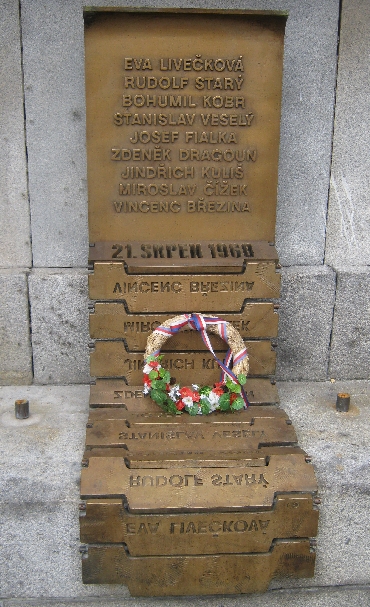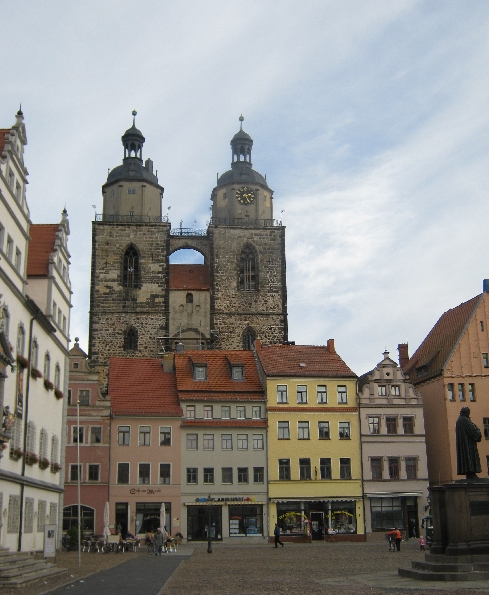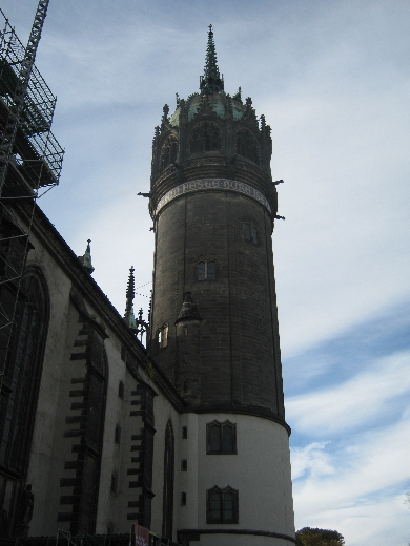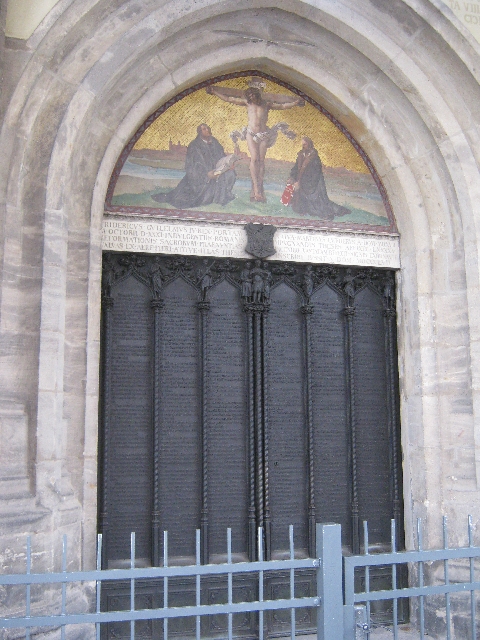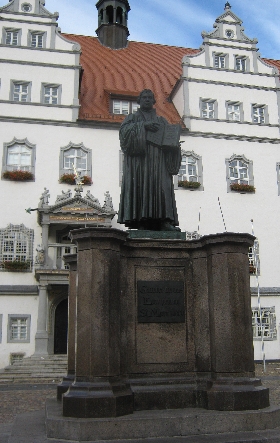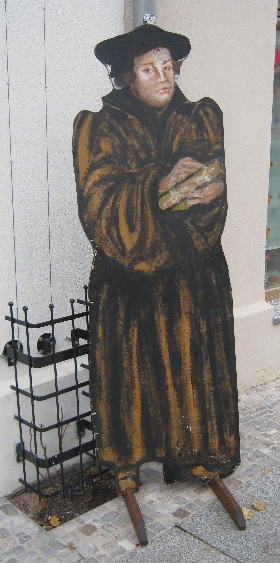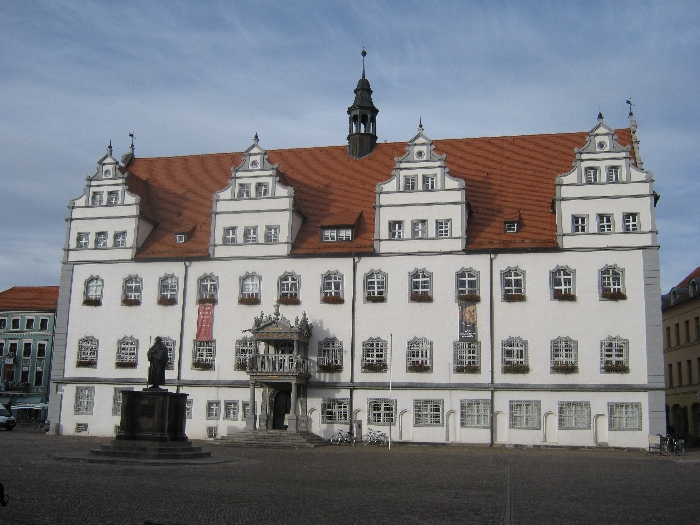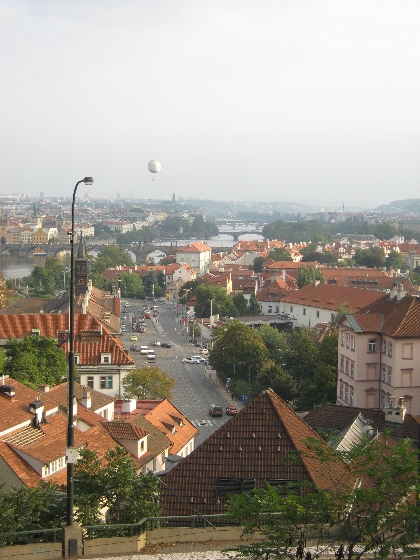
For better or worse, I am part of social media. I write this blog and I am on Facebook. Yesterday via Facebook, I received a barrage of posts from my American ‘friends’ regarding the outcome of their Presidential and Congressional elections held on Tuesday 6th November 2012. One person, (you know who you are 🙂 ), posted over fifty times between my going to bed late in the evening of Tuesday 6th November and logging on again mid-morning the next day!
The vast majority of these ‘friends’ were expressing a mixture of joy, relief or satisfaction at the election result – often a mixture of all three. But a small minority, mostly ‘friends’ of American ‘friends’ of mine now living here in Prague, were in utter despair at the result and were threatening to leave the USA and come and live here in Europe, in particular here in the Czech Republic. This unplanned blog post is specifically for them.
As I understand it, these right-wing Republicans are concerned about a number of issues. One these is what they believe to be ‘uncontrolled immigration’ into the USA by non-American citizens who they think have no right to live within their country. Yet these self-same people are now proposing to emigrate from the USA, to another country. Have they ever given any thought as to why another country might actually want to receive them as immigrants?
Whilst via this blog, I have been very supportive of American citizens who have come to the Czech Republic at the invitation of Czech companies and businesses and have then experienced visa and work permit problems, it does not mean that, just because you are an American, you have the right to live and work in this or someone else’s country.
In recent times, I have heard various complaints from Americans and other non-EU citizens, who have come to the Czech Republic on a three month Schengen tourist visa, started working here, and only then have begun to apply for a long-term visa and work permit. Their concern is that, by the time they have completed the paperwork for a long-term visa and work permit, travelled to Bratislava, Vienna or Berlin to lodge their application, their three-month tourist visas will have expired before Czech bureaucracy has successfully issued them with necessary paperwork.
Can any American citizen tell me what the attitude would be to a foreign national who arrived in the USA on a tourist visa, started working, and then applied for a ‘green card’? I think I know the answer to my question! Therefore, why should rules, similar to those that apply to immigrants to the USA, not also apply to American citizens seeking to live and work in another country?
Another major dislike of these self-same individuals is what his supporters would see as one of President Obama’s major achievements during the first four years of his presidency – the provision of health care for all, denounced by his opponents as ‘Obamacare’ or ‘socialised medicine’. I am well aware that the package eventually passed by Congress and upheld by the Supreme Court, is far from perfect. But it remains beyond the comprehension of most Europeans as to why the supposedly richest nation in the world has not until now, provided universal healthcare for all of its citizens and that a large vocal group actually object to such provision.
Therefore may I inform all those Americans thinking of leaving the USA and moving to Europe in order to escape ‘Obamacare’, that all twenty seven members of the European Union provide universal healthcare for all of their citizens. Yes it costs money – my Church Treasurer often points out that of all the money that leaves our Church bank account at the end of each month to pay me, only about half of it ends up in my bank account. Because from that sum is deducted employer and employee contributions to social security and health insurance as well as my income tax. But if I need to consult my GP or need a major operation in a hospital, all I have to do is pay 30 Kc (£1.00 or US$1.50) – all the rest is covered. As an online friend recently pointed out, if you are looking for a country that doesn’t have universal health care, why not try living in Eritrea!
One topic that didn’t arise in the campaigns of either of the Republican or Democratic candidates for the American Presidency is that of gun control. Neither candidate wanted to challenge the power and influence of the National Rifle Association (NRA). But if you want to come and live in Europe, don’t try and bring your weapons with you unless you think you can show very good reasons for having them. Just citing the second amendment to the US constitution will fall on deaf ears 🙂 By the way – the murder rate in Europe is about one quarter to one seventh of that in the USA. I wonder why?
I could go on by pointing out many other things that conservative Americans might find objectionable should they try to escape their own country and seek to move here. For example, in the Czech Republic, you will regularly see women openly breastfeeding in public. You cannot ask for them to be arrested as there is no law requiring women to go and hide in a public toilet in order to feed their babies in the manner that God intended. In case you hadn’t ever realised, unlike guns and violence, a woman’s nipple has never killed anyone.
This post is not meant to be anti-American but rather an attempt to challenge some of the frankly absurd comments I’ve seen and read this past 48 hours. To use two well known American expressions – ‘get real’ and ‘go figure’.








